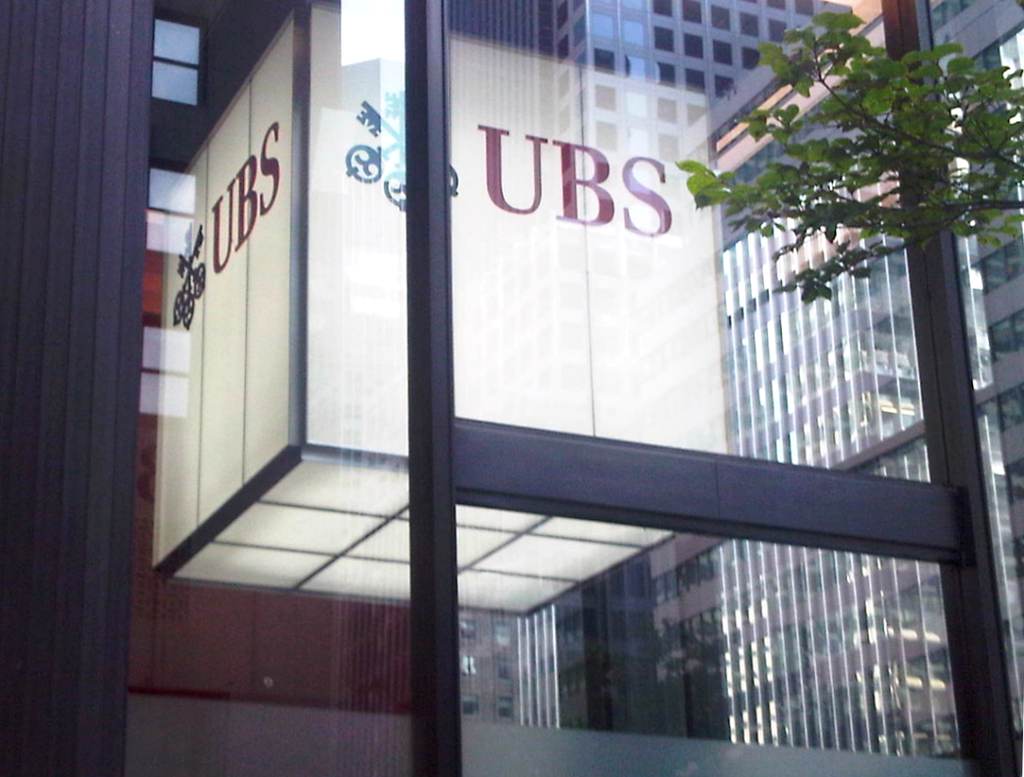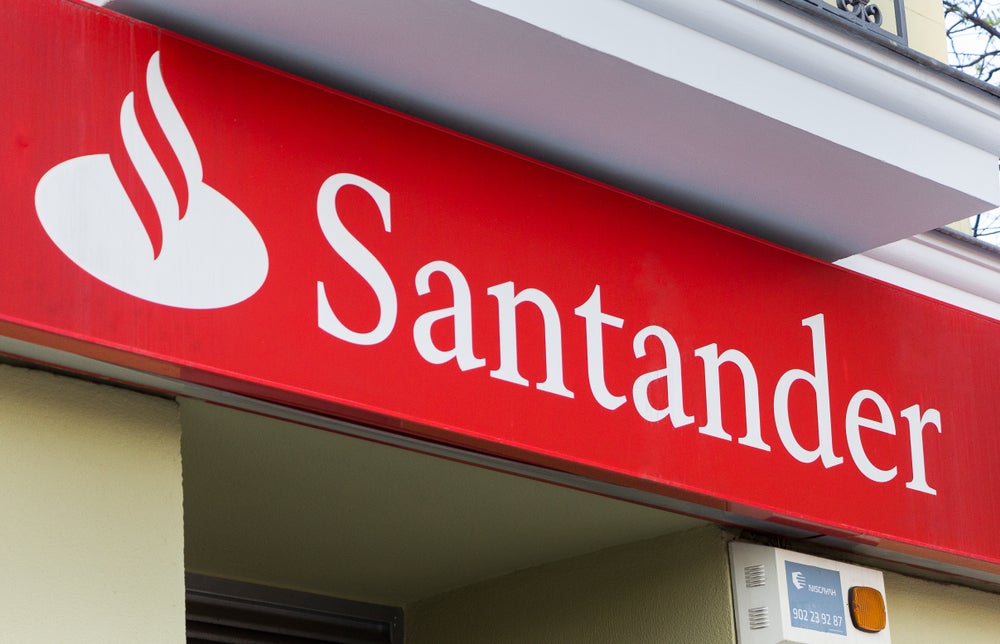After a year of seeing its reputation battered by
lawsuits and controversy, UBS is taking steps to restructure its
business in the US and show its commitment to the market. Charles
Davis spoke to John Straus, head of the bank’s US Private Wealth
Management business about the plans.
Having dispensed with a bevy of lower-tiered branch
locations, UBS is set on expanding its high-end US wealth
management business as it charts a comeback from a difficult
year.
UBS sees great opportunity in its New York-based US Private Wealth
management business, according to John Straus, the head of the
division, adding that the bank senses the worst may be behind the
venerable Swiss bank, which has spent the past few months coping
with the furor from the auction-rate securities controversy as well
as general investor anxiety over the market.
“Clearly, what happened in the markets has been unprecedented and
in many cases people had a significant reduction in net worth as a
result of the markets, and universally investors were unhappy,”
said Straus, who refused to comment on questions about the bank’s
ongoing dispute with US authorities.
“They had spent years thinking about diversification and then
everything went to a correlation of one, and there was a tremendous
amount of wealth destroyed.”
UHNW focus
How well do you really know your competitors?
Access the most comprehensive Company Profiles on the market, powered by GlobalData. Save hours of research. Gain competitive edge.

Thank you!
Your download email will arrive shortly
Not ready to buy yet? Download a free sample
We are confident about the unique quality of our Company Profiles. However, we want you to make the most beneficial decision for your business, so we offer a free sample that you can download by submitting the below form
By GlobalDataStraus said UBS decided some time ago to make the ultra high net
worth and high net worth client segments its focus in the United
States, which, in part, drove the decision to sell off 55 branches
to St. Louis-based Stifel Financial (see PBI 247).
Straus said the deal, which is scheduled to close in the third
quarter, fits UBS Wealth Management America’s desire to continue to
move upscale and to work with bigger-producing advisers and
offices.
“Where we are growing our business is in the high net worth and
ultra high net worth segment, and we had a lot of advisers and
offices in smaller branches with clientele who were not as wealthy
– they need and deserve a great client experience, but we weren’t
building out to that segment,” Straus said. “This allows us greater
focus on our core wealth management business.”
While selling off branches serving the lower end of the wealth
continuum, UBS is opening new locations serving the high end of the
market. This year the unit has opened offices in Washington DC and
Dallas and plans to open its 12th location in Louisville, with an
office in south Florida a distinct possibility, Straus said.
Despite spending most of the past year with clients reeling from
market volatility, Straus said UBS remained committed to its plans
to double the unit’s market share of assets invested by wealthy
individuals and families, even if the timeline for such growth has
been altered by market events.
“There was a lot of wealth lost in the United States during this
period, but there have been many periods where wealth was lost.
Clients with a long-term strategy of diversification have seen
their families weather these events,” Straus said.
“We see a lot of potential out there to grow the wealth management
business.”
In order to help realise that potential, UBS has made a major
recruiting push, doubling its number of client-facing financial
professionals in its Private Wealth Management unit over the past
year, to 280. Straus said UBS has had a lot of success in
recruiting some of the best talent in the business in recent
months.
“We’re putting a real emphasis on one-on-one client relations at
the high end of the wealth management market, and that is very
appealing to advisers,” he said. “We are investing in the advising
piece of the business.”
UBS created the private wealth management offices for those with
more than $10 million to invest. They combine brokerage, trust and
private banking services in one location to provide these services
seamlessly.
That one-on-one approach has helped UBS deal with a rocky period
filled with tough headlines.
In August, UBS Securities and UBS Financial Services reached an
agreement with the Securities and Exchange Commission to spend more
than $20 billion repurchasing auction-rate securities from
investors. The auction-rate market had collapsed six months
earlier, leaving more than 40,000 UBS customers with illiquid
securities, even though UBS had marketed them as cash alternatives,
according to the SEC.
UBS moved aggressively to deal with the auction-rate issue, and
today the bank feels that its clients are ready to move on.
“We see pockets of interest and people coming back to the market,”
Straus said. “People are less fearful than two months ago, but they
are still very, very cautious, and we are going to have to be much
more transparent and honest as an industry to see investors return
to the market in a big way.”
Straus said that in conversations with clients, he senses a
willingness among investors to return to the market, but that
willingness is tempered by the fact that so many investors who had
done the right things – who were diversified, and who had
relatively conservative exposure – lost money right along with the
high-risk set.
“If you did everything right and still lost a lot of money, you
have every right to be unhappy, but our clients can’t sit out the
market, either,” he said.
“We’ve enjoyed a 20 percent gain in the past couple of months. The
common theme is leverage, really. If someone else is dependent upon
your investments doing well, then when things go bad, they may well
want their money back.”
The key now, Straus said, is regaining the market confidence and
entrepreneurial gumption that made so many of UBS’s clients wealthy
in the first place.
“Simplicity and transparency will be the hallmarks of the wealth
business moving forward,” he said. “The days of a new hedge fund
locking up money for two years at a minimum are over.
“This was a frightening time for the investment world, and you
don’t just move immediately out of that. We had investors asking
really basic questions about the solvency of their institutions,
really for the first time since the Great Depression, and that
takes time to rebuild from.”
UBS’s Wealth Management Americas business had a mixed quarter,
according to the bank’s first quarter results. While it made a
CHF35 million ($31.5 million) pre-tax loss, which included a
goodwill impairment of CHF19 million on the sale of its Brazilian
onshore wealth management and investment banking business, UBS
Pactual, there were strong inflows of client money.
Underlying results deteriorated from the fourth quarter of 2008,
which made a pre-tax loss of CHF444 million because of the impact
of settlements related to clients with auction rate securities.
Ignoring that charge, of CHF717 million, the first-quarter loss of
CHF35 million compared with a fourth-quarter profit of CHF273
million. Total net new money inflows were CHF21.1 billion, up from
CHF8 billion in the fourth quarter.
The bank’s exit from the onshore market in Brazil, with the $2.5
billion sale of UBS Pactual, boosts the bank’s Tier-1 capital but
restricts it to being a purely offshore player in what is
considered to be one of the world’s most promising wealth
markets.
The business is Brazil’s third largest private bank, according to
PBI’s Latin America survey (see PBI 244). It is being bought by a
company run by the original founders of Pactual, BTG, for the same
price UBS paid three years ago.
UBS is holding on to Pactual’s offshore private banking business,
the niche where the Swiss bank is considered to be most competitive
in Brazil.









